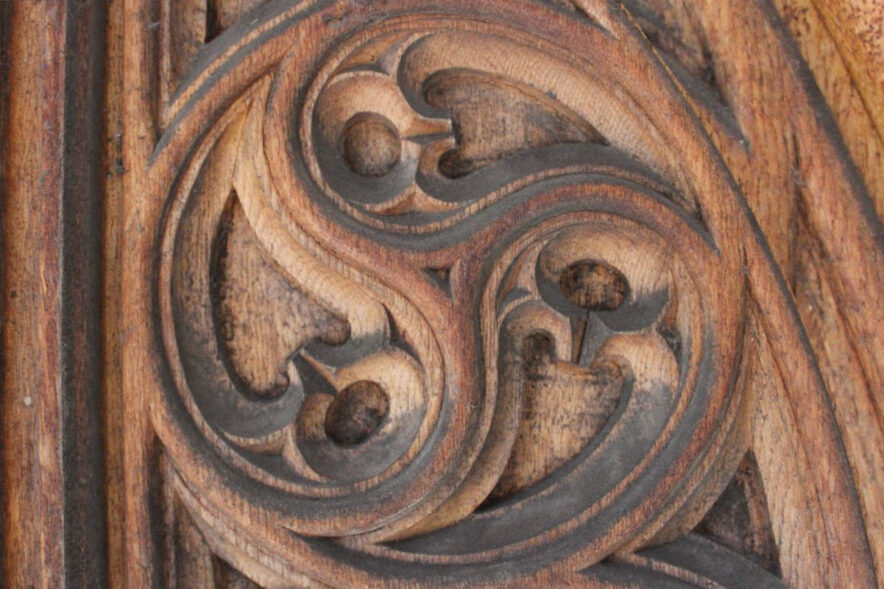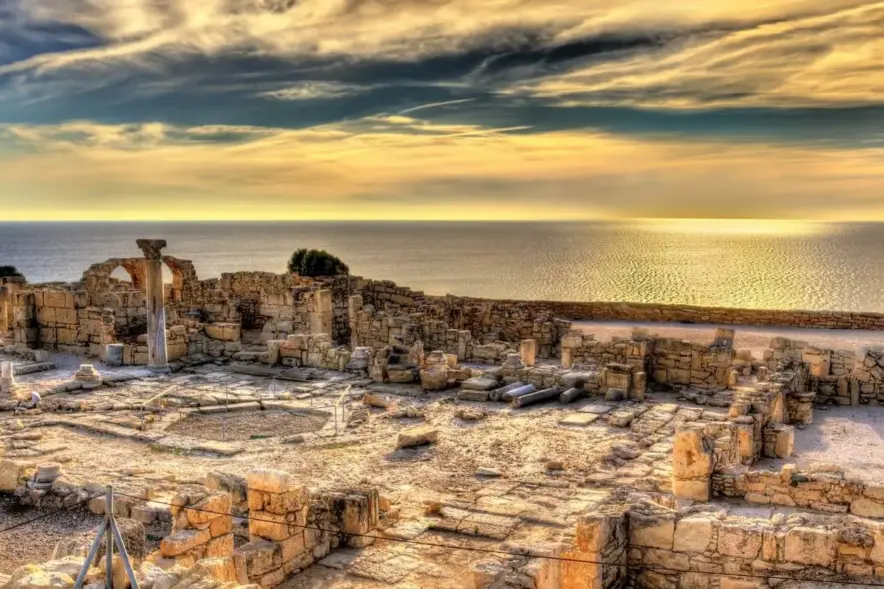As someone pointed out to me recently, and quite rightly so, the word theology can sound somewhat academic. Something...
Tag: holy spirit
Showed 1 to 9 posts out of 11 total under "Tag: holy spirit" category.
A video I saw recently on social media – I’ll get to that in a bit – got me...
The entire Christian faith rests on this foundation—first and foremost, the resurrection of Jesus himself, and then the promised...
Truth #1: ‘before’ “In the beginning, the earth was formless and empty, and darkness covered the deep waters.“ In...
If you’re an orthodox Christian, already familiar with the doctrine of the Trinity, you might like to head somewhere...
New Testament holiness is a joyous privilege, not a heavy burden and duty.
Right from the beginning the church was flawed, as Jesus always knew she would be, and she has been...
The goal of being more like God doesn’t come naturally or happen randomly, it requires purposeful choice in a...
“If the Spirit of Him who raised Jesus from the dead dwells in you, He who raised Christ Jesus...











